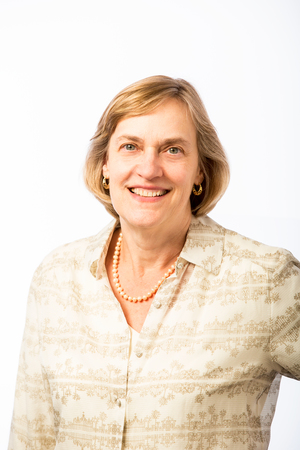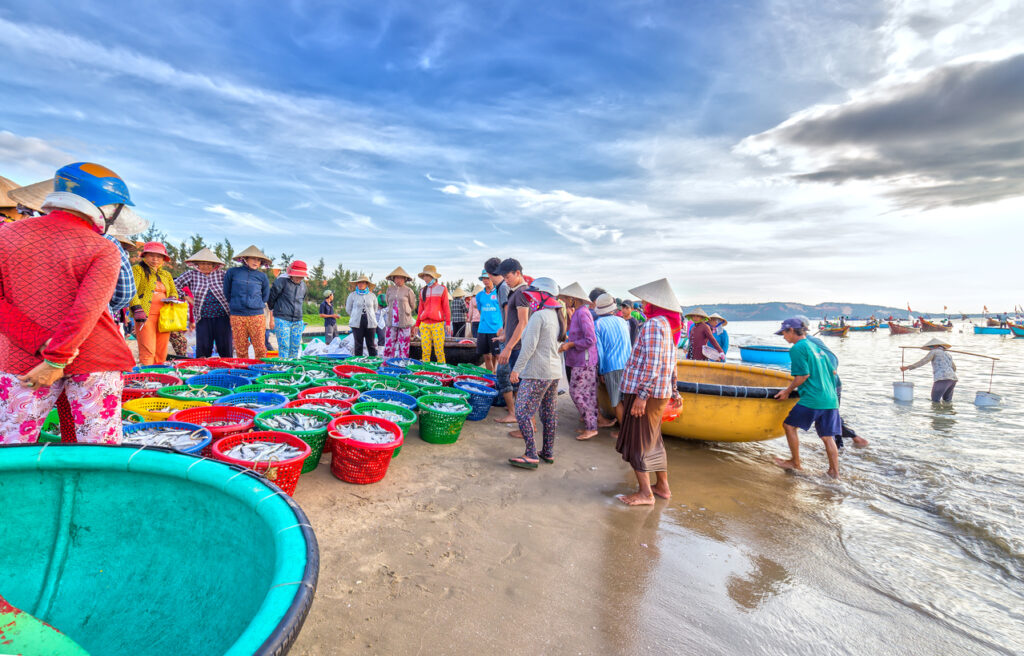Topic
This publication summarizes the findings of the Energy Links project, piloted by CFI and financed by USAID’s Microenterprise Development Office and the Wallace Global Fund. The goal of the project was to examine how the microfinance sector in Africa can work to alleviate energy poverty by providing access to small-scale clean energy. This paper first goes through some of the steps for determining the specific energy needs of an area and deciding on the most cost-effective and efficient solutions. The paper then highlights some ways to encourage MFIs to facilitate energy access and to overcome potential challenges that they may face. These challenges include clients’ unwillingness to invest in clean energy and limitations of energy companies. The report further discusses the supply chain for clean energy products. The researchers conclude by describing overall significant lessons from the Energy Links project.










